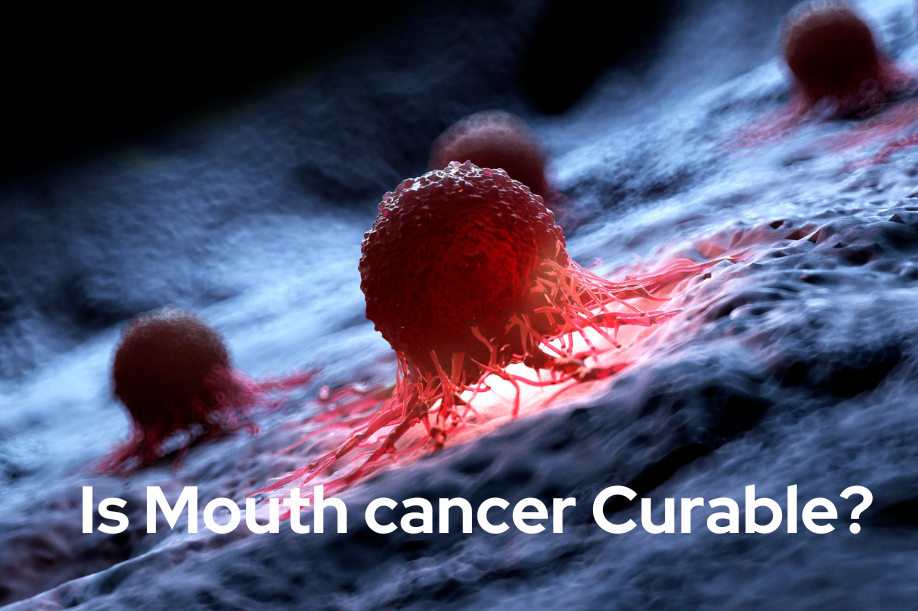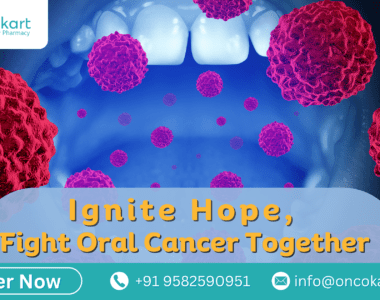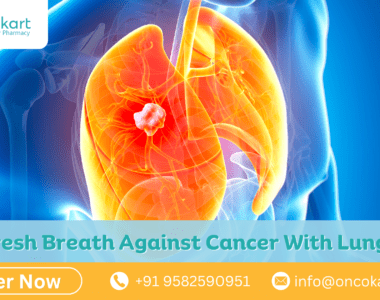No products in the cart.

People are more prone to mouth cancer if they smoke, drink alcohol, or have the human papillomavirus (HPV). Other risk factors for mouth cancer can include leukemia and lymphoma as well as genetic conditions; early detection and appropriate treatment are key to improving quality of life and living longer. If symptoms such as sores that won’t heal quickly or lumps that appear in your neck or mouth arise, visit your GP, who may examine you, conduct tests, or refer you to specialists as soon as possible.
Most mouth cancers start in the flat cells that line your lips, tongue, and inside of your cheeks – known as squamous cells – lining lips, tongue, and inside of cheeks. Small changes to their DNA may lead them to grow abnormally and form a tumor; it could then spread further down throat tissue or lymph glands of the neck area and ultimately spread further still, even reaching bones or the bloodstream if untreated.
When cancer of the mouth or oropharyngeal is detected early on, it can often be successfully treated. There are three primary forms of treatment for oropharyngeal and mouth cancer: surgery, radiation therapy, and medicines. Surgery is the primary form of treatment, where doctors remove both the tumor and surrounding healthy tissue to minimize the chances of any remaining cancerous cells resurfacing afterward; they may also remove lymph nodes affected by cancer for surgery removal if necessary. Chemotherapy drugs that kill cancer cells might also be administered prior to or post-operation or as part of a clinical trial study.
Your doctor will tailor a plan of care based on where, grade and stage of mouth or throat cancer exists, as well as factors related to general health and any conditions that could compromise recovery or affect how the treatment works.
If your cancer has reached an advanced stage, treatment might not be possible to cure it; rather, it will aim to slow its growth and spread, relieve symptoms, and extend your life span. Options could include surgery, radiotherapy, chemotherapy or targeted therapies, or immunotherapies, which work by activating your natural defenses against cancer cells or by blocking signals they send out that encourage their proliferation; additionally, you could opt for pain-relief medicines – this form of palliative care treatment could also be considered effective.



